My Reflection on 3 Day training with Citizens UK
My Reflection on 3 Day training with Citizens UK
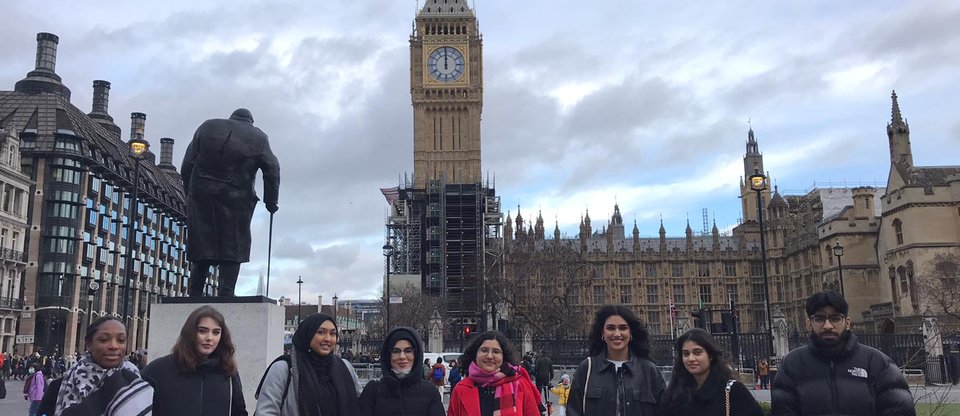
The three-day training took place over zoom with chapters and members from all over the UK. One of the exciting aspects of the training was being able to engage with so many diverse members of Citizens UK, from various faith groups and backgrounds.
The training sessions were divided into plenary sessions run by different chapter leaders, as well as smaller learning groups which were an opportunity to get to know one another better. I found these sessions most rewarding as it was interesting hearing the different regional struggles of communities and learning how the core concepts of community organising taught by Citizens UK were being applied to different contexts and communities. It was also inspiring to see the plans people had at growing their alliances, for example, direct action against hate crimes or creating social events like cinema clubs.
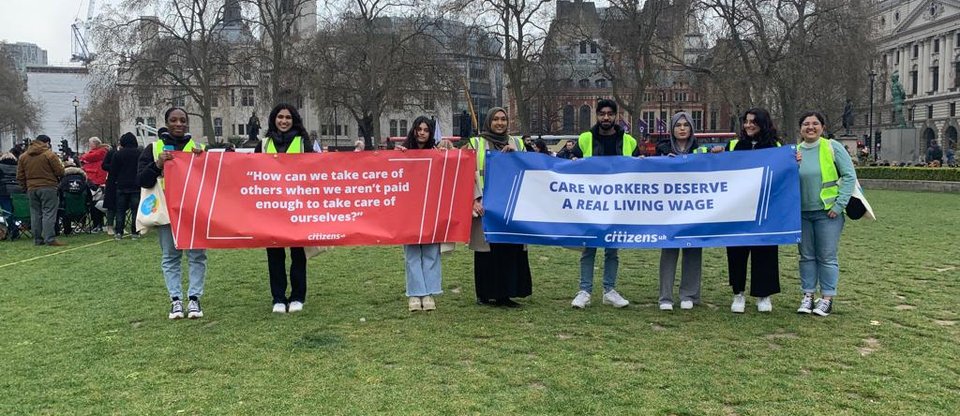
The main principles of broad-based Organising were taught to us throughout the training. The learning was engaging as we had the opportunity to hear personal stories from leaders, act out role-play scenarios, and look at different case studies. I found the personal stories from leaders most useful as it was an opportunity for group reflections, listening to leaders discuss their wins as well as what they would do differently in the future.
The main principles of organising that stood out to me were leadership and power. An important aspect of community organising is learning how to be a good leader, Citizens UK encouraged a ‘snowflake’ model of leadership, where small webs of people are created to delegate different responsibilities.
Citizens UK's iron rule, “Do not do for others what they can do for themselves” is emphasised when discussing leadership, as whilst it is easier or quicker to do a task on someone's behalf, this isn’t an effective way of leading, as it does not allow other members to learn, as well as being extremely overwhelming for the leader. Instead, creating small teams and delegating responsibilities is the most effective method of good leadership.
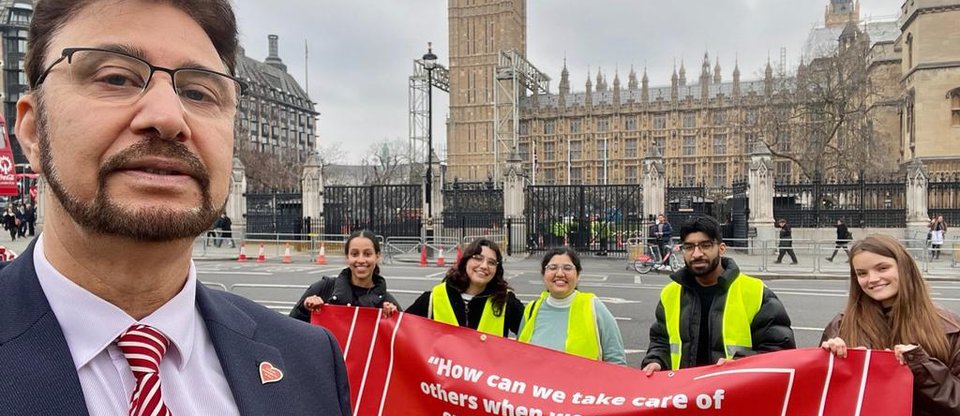
Power is also crucial to community organising, Citizens UK understand power as power ‘with’ rather than power ‘over’. This can be understood as power in numbers or people power, as you can’t be a leader if you don’t have any followers. This is referred to as relational power, which is built by creating relationships with different members of the community, to do this, the training taught us the importance of 1-2-1’s while making the distinction between 1-2-1’s and simply having a chat as being dedicated time to understand what makes a person angry, their self-interest, and what their aims and goals are. With this, a leader should be able to identify how they can work together to achieve their common goal of a fairer, more just society
Featured Content
-
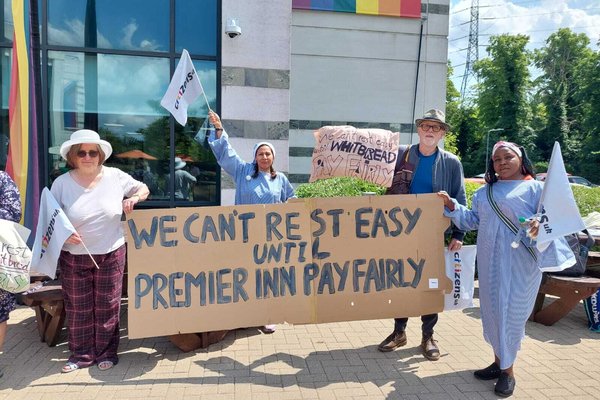
-
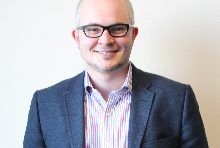 Citizens UK Deputy Director Jonathan Cox honoured for services to community organising and refugee resettlement
Citizens UK Deputy Director Jonathan Cox honoured for services to community organising and refugee resettlementCitizens UK is delighted to announce that Jonathan Cox, Deputy Director, has been recognised in the King’s Birthday Honours List 2023 with an O.B.E. for services to community organising and refugee resettlement.
Read more -
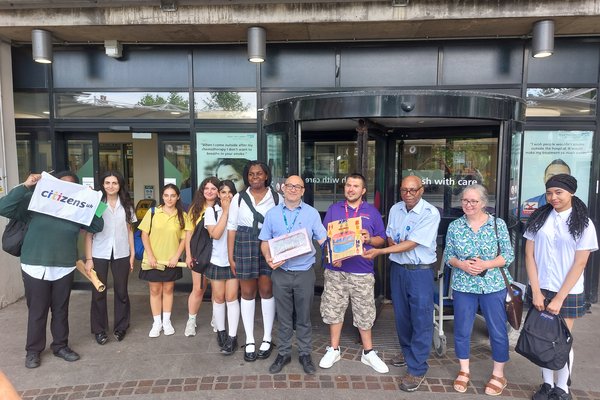 On the NHS’s 77th Birthday, Will the Royal Free Hospital Deliver a Real Living Wage?
On the NHS’s 77th Birthday, Will the Royal Free Hospital Deliver a Real Living Wage?North London Citizens delivers a birthday card and cake to Royal Free Hospital for the NHS's 77th birthday
Read more




